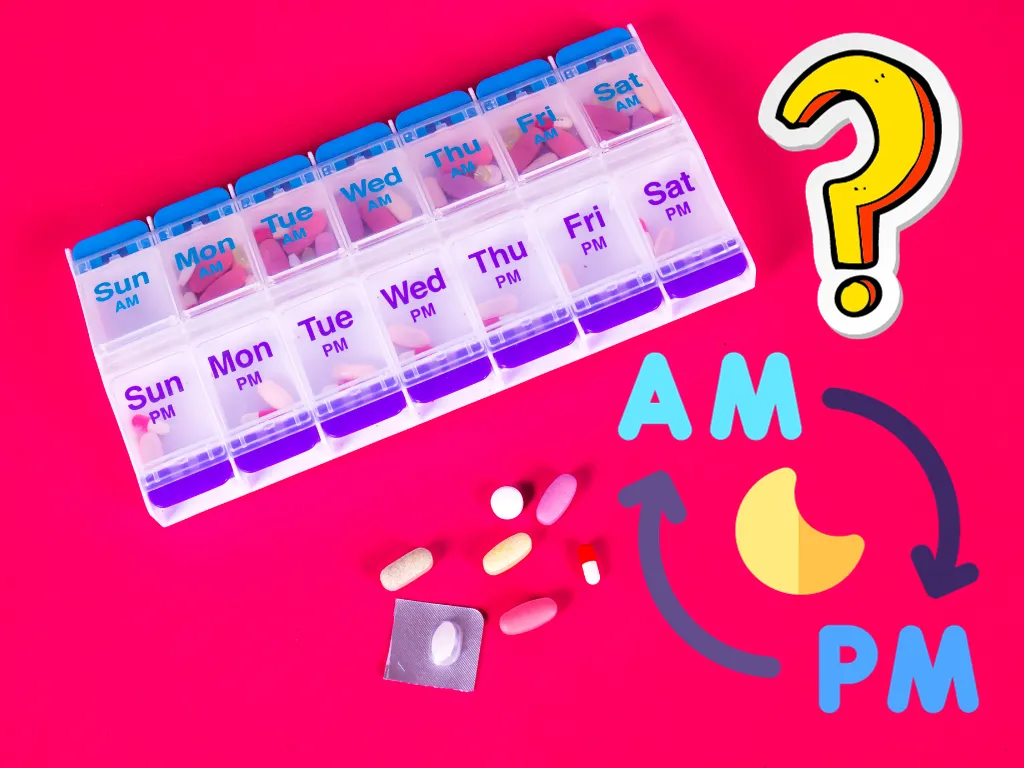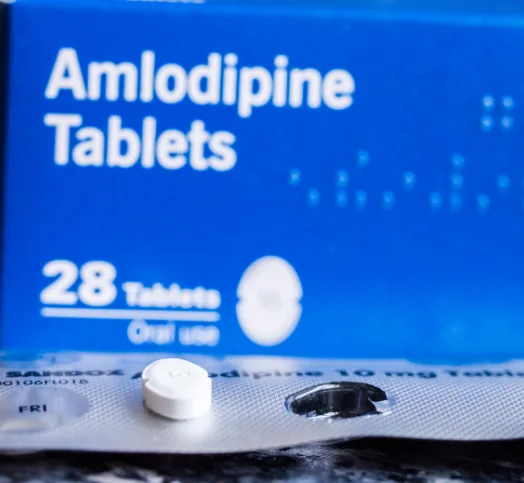Cholesterol-lowering medications, including statins and ezetimibe, are crucial for managing cardiovascular health. These drugs effectively lower cholesterol levels, reducing the risk of heart disease and related complications. However, a common question among patients and healthcare professionals is whether these medications must be taken at night. This article will explore the rationale behind nighttime dosing and whether it truly makes a difference in cholesterol management.
The Circadian Rhythm and Cholesterol
It’s essential to consider the body’s natural circadian rhythm to understand the debate surrounding the timing of cholesterol-lowering medications. This internal biological clock influences various bodily functions, including cholesterol synthesis.
- Cholesterol Production: The liver, a central player in cholesterol regulation, tends to produce cholesterol at a higher rate during nighttime hours.
- Absorption of Cholesterol: The absorption of dietary cholesterol is also influenced by the time of day, with increased absorption in the evening.

The Case for Nighttime Dosing
Several reasons support the idea of taking cholesterol-lowering medications at night:
- Synchronization with Natural Rhythms: Some studies suggest that taking statins and similar medications in the evening aligns with the body’s circadian rhythm, potentially enhancing their effectiveness.
- Enhanced LDL Reduction: Research has shown that nighttime dosing may lead to a more significant reduction in LDL cholesterol levels, often called “bad” cholesterol.
- Optimal Absorption: Taking medications before bedtime coincides with the body’s increased absorption of dietary cholesterol, potentially maximizing their impact.
- Improved Medication Adherence: Many people find it easier to remember to take their medications at night as part of their bedtime routine.
Considerations and Individual Variation
While there are valid arguments in favor of nighttime dosing, it’s essential to acknowledge individual variations in medication response and lifestyle factors. What works best for one person may not be the same for another. Here are some factors to consider:
- Side Effects: Some individuals may experience side effects, such as muscle pain, with statins that the timing of the dose could influence.
- Lifestyle: A person’s daily schedule and habits play a role. Those who work night shifts or have irregular sleep patterns may need a different dosing schedule.
- Medication Type: The timing may vary depending on the specific cholesterol-lowering medication prescribed.
Conclusion
Whether cholesterol-lowering medications need to be taken at night has no one-size-fits-all answer. While evidence suggests potential benefits of nighttime dosing, it is crucial to prioritize individualized care. Your healthcare provider is the best resource for making an informed decision about when to take these medications to optimize your cardiovascular health. Remember, consistent medication use, regardless of the timing, is essential for achieving and maintaining healthy cholesterol levels.











